|
Traveling through food is way more entertaining than through tour guides and package holidays. It’s also a nice way to explore the city without sticking to the city centre as good chefs tend to live among locals more often than not,
And last but not least, that’s where the comfort zone gets expanded: local recipes don’t care if you never tried cow’s stomach or pickled cactus, they just exist.
On that note, without further ado,
Things I enjoyed reading
A very inspirational piece on pursuing one's passion through every possible misfortune, including losing hands while dreaming of playing a piano.
If you'll spare me a moment, I want you to think about your greatest passion. Maybe it's painting or long-distance running or beekeeping. Hell, I don't know, windsurfing. Now ask yourself: To what excruciating lengths would you go to keep doing it, even if all the forces in the universe seemed to be conspiring against you, since before you were even born? Most passions don't pay the bills. Even when they do, they can end up warped and demystified. Tedious. It can become easy to forget why you love doing what you do in the first place.
Even though building mobile apps is a bit different from engineering bionic gloves, there are people whose life changes as well, and every story like this one is a great aid at bring more people to the industry, which has its own pros and cons but is probably one of the most influential out there if you care about a real impact at others' lives.
As someone who got a chance to interact with winemakers, grape pickers and someliers (this year way more than expected!), I can second pretty much whole post on how wine prices do not reflect its real value anymore. Most of the demand is pretty much artificial: people buy bottles not that many got a chance to taste, or auction cases never opened before, but it doesn't really describe the state of the union as a whole.
To return to maximum pricing, I’ve argued that wine, as a cultural object (like art or music), should be priced like CDs – all broadly the same. You don’t pay more for Shostakovich than you do for Vaughan Williams. Maybe we could have a Spotify-style wine subscription service in which we pay a monthly subscription fee to a Scandinavian firm and, every month, we get to choose the contents of an unlimited, mixed 12-pack? Supply and demand would potentially be an issue (although perhaps less than many might argue – honestly, where do you begin to make a weekly 12-bottle selection?), but if it is, working out how best to apportion the in-demand wines outside of financial considerations would be a liberating exercise. It would make a change from implying the well-off appreciate wine the best.
One way would be to stop voting with your wallet for mass-market production of mediocre orange wine and "organic" clean bottles from famous actors, as it dilutes the market and forces small wineries to inflate their prices in order to compete for labor and attention.
A yet another detective story about modern criminals, which is brilliant in the sence that the main character became a drug lord not by murdering and torturing, but by reducing costs and optimising logistics, so basically applying the university curriculum to selling heroin.
What gave traditional organized crime its strength in the past—the violence, the control of territory, the ethnic loyalty and defined hierarchies—are the heart of its weakness in the present. Tse had a better system. Instead of ethnic loyalty, transnational and inter-organizational co-operation. Instead of territory, logistics. Instead of hierarchy, metrics. Instead of centralized control, connections. Tse Chi Lop is easily the most significant criminal in Toronto’s history, and he represents, in an entirely diseased way, a perverse triumph of the city. His vast criminal organization flourished through open-mindedness and entrepreneurship, by creating markets and exploiting them in a spirit of eager globalization and cosmopolitanism. He is one of capitalism’s grandest and most polite monsters. He is very much one of us.
So in the end he managed to build a kind of Amazon with guaranteed delivery. Also the story peaks into how the modern law enforcement operates (and will continue operating): by mostly sticking to researching phone contents.
Wish I had something similar back then, trying to build keywords for one of my first websites with food recipes, as this is a great walkthrough of the modern approaches to understanding how people find answers in the Internet.
People with specific, tactical questions are ruthless with their attention. Anyone googling “garlic chicken recipe” does NOT want to read a long backstory about you cooking with your grandmother. And anyone googling “programming books” does NOT want to read about your opinions about the industry.
As someone who worked for a company trying to fix exactly that, I can't relate more.
One of the red flags in a job description for me is the word "passionate".
In the contrary to the first today's link, passion at work rarely helps.
As an engineer, I want to work with dispationate engineers – the ones who never grow attached to their code or ready to acknowledge mistakes – not the ones thinking that the app with millions users is their playground.
Curiosity carries no serious commitment of identity. The concept is far more childlike, full of wonder, unafraid of mistakes, and wide-ranging. It is the opposite of the way that the word passion is limiting. If one’s ‘passion’ is a well defined box, curiosity is like a spot-light that wheels around and looks in all sorts of directions. But it lacks that comforting certainty, and that – I’m willing to bet – is why curiosity gets pushed aside by the grand idea of ‘a passion’.
Curiosity, however, is vitaly important. An engineer can't evolve without being curious, and this is something that's very hard to teach.
An interesting opinion on the state of the marriages in the States:
We are nearing a time when there will be more unmarried adults in the United States than married ones, a development with enormous consequences for how we define family and adulthood in general, as well as how we structure taxation and benefits.
It's also an opinion I don't really agree with, even though arguing with numbers is pretty pointless.
One of a very few book reviews I enjoyed reading way more than I would reading the book itself:
The overriding point is that hunter-gatherers made choices—conscious, deliberate, collective—about the ways that they wanted to organize their societies: to apportion work, dispose of wealth, distribute power. In other words, they practiced politics. Some of them experimented with agriculture and decided that it wasn’t worth the cost. Others looked at their neighbors and determined to live as differently as possible—a process that Graeber and Wengrow describe in detail with respect to the Indigenous peoples of Northern California, “puritans” who idealized thrift, simplicity, money, and work, in contrast to the ostentatious slaveholding chieftains of the Pacific Northwest.
Most historic books tend to picture the BC-era society as very primitive, which is far from the truth, and the history of humanity on its own is way more entertaining than when it's a part of a middle school course.
Probably for the first time in quite a few years I understand how works the website I use pretty much daily (and what does it say about my curiosity?). Hacker News is to blame for most of links in this newsletter, one way or another, as it gives writers a boost strong enough to eventually show up in one of my feeds, but I never thought how complex is their voting system (even though I managed to land on the front page a few times).
A newly submitted story will get around 30 page views from being listed in the Sandbox (The actual number varies so let’s just talk about averages). All stories start with one point. If it gets 4 additional upvotes, it will escape the Sandbox.
In other words, the story must persuade 13.3% or more of readers to upvote. That’s a pretty high conversion rate.
Sounds like a recognition, not going to lie.
Circling back to the point of the history of humanity, here is a fresh look into language development based on cave paintings (which apparently are older than I though; like way older than I thought).
The Lasacaux cave art contains something like a “unicorn”—a horned, horse-like animal that may or may not be pregnant. Another unique image has variously been interpreted as a hunting accident in which a bison and a man both die, or an image involving a sorcerer or wizard. In any case, the artist seems to have paid particular attention to making the human figure anatomically male.
Even from a small piece on a wall scientists manage to reconstruct stories and events, can't really complain about being forced to deduct Tolstoy's mood from the way he described curtains back at school.
Spear phishing attacks are probably the most common, simple to implement, and yet also the most effective out there. It's as simple as pretending to be something or someone else, whether it's a user's IT administrator, or a Slack bot, and the author shows a great example of how it could be done in a matter of minutes.
We need to think like monsters in order to prevent harm. By facilitating difficult conversations about how features can be misused, we can reduce the damage our products create.
This is one of my favourite types of security research posts, as while the issue itself is more of a UX problem than an engineering bug, there are a few ways we as engineers could address it for the sake of users' security.
Things I didn't know last Tuesday
I don't really understand tea, but seems like there is at least one country in the world where they love it so much they not only drink it.
Myanmar is one of the few countries where tea is both consumed as a drink and as an eaten delicacy, in the form of pickled tea, which is unique to this region. Laphet is regarded as a national delicacy that plays a significant role in Burmese society, and remains a traditional Burmese gesture of hospitality and is served to guests visiting a home.
To be fair, I've seen pickled bamboo leaves and garlic, and then there are pickled sausages as well, so a tea leave doesn't even sound bad.
| 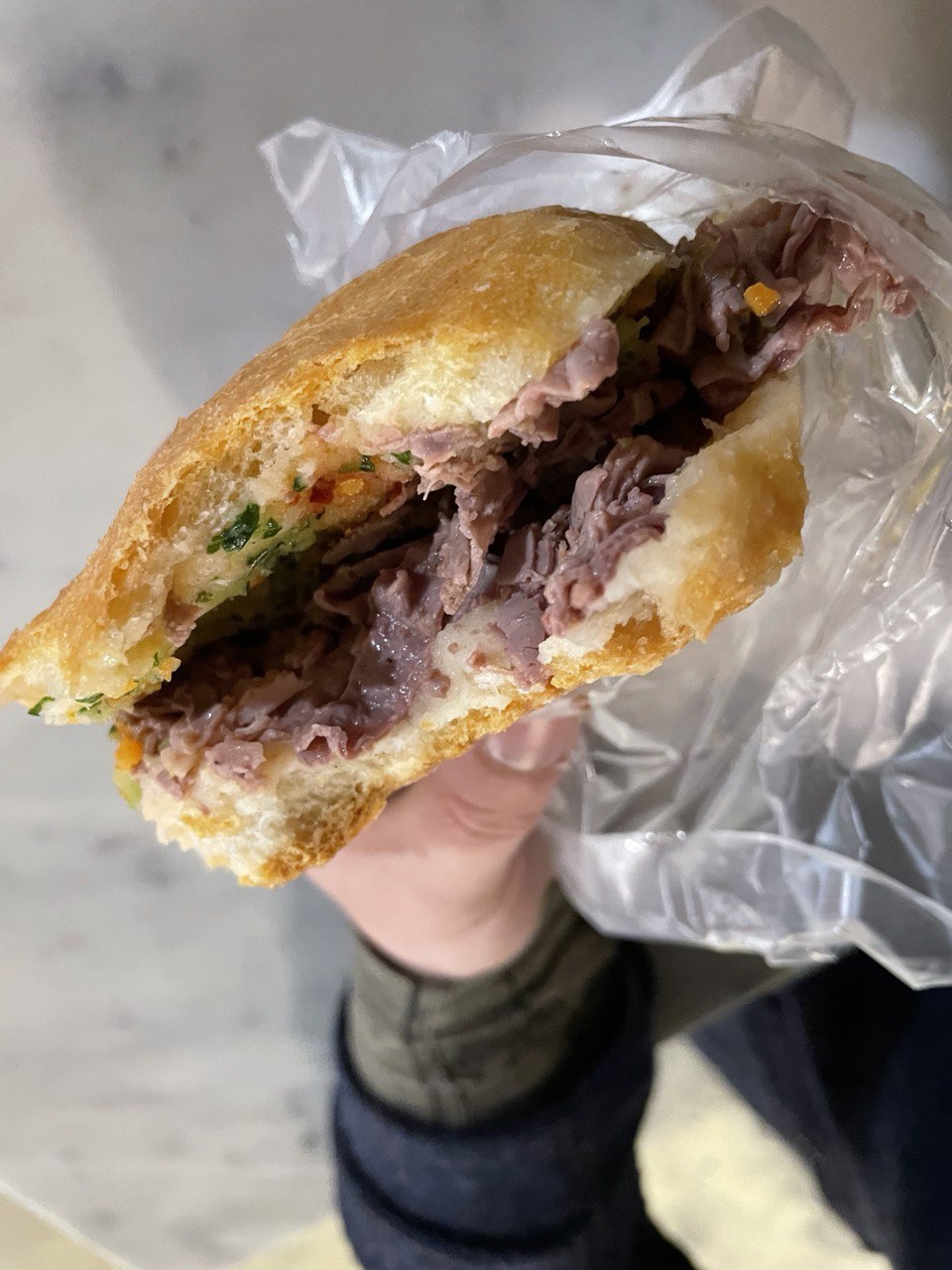
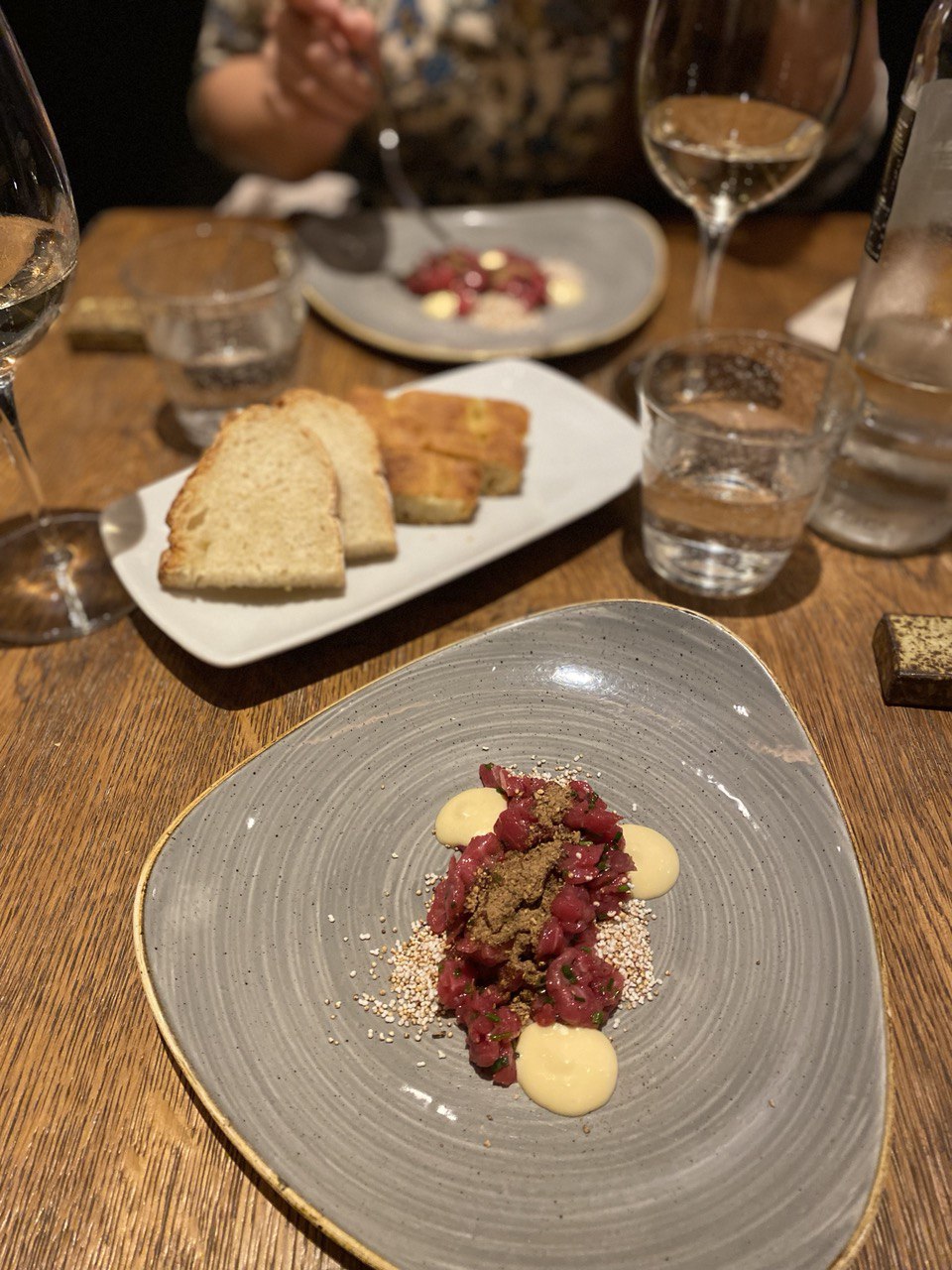
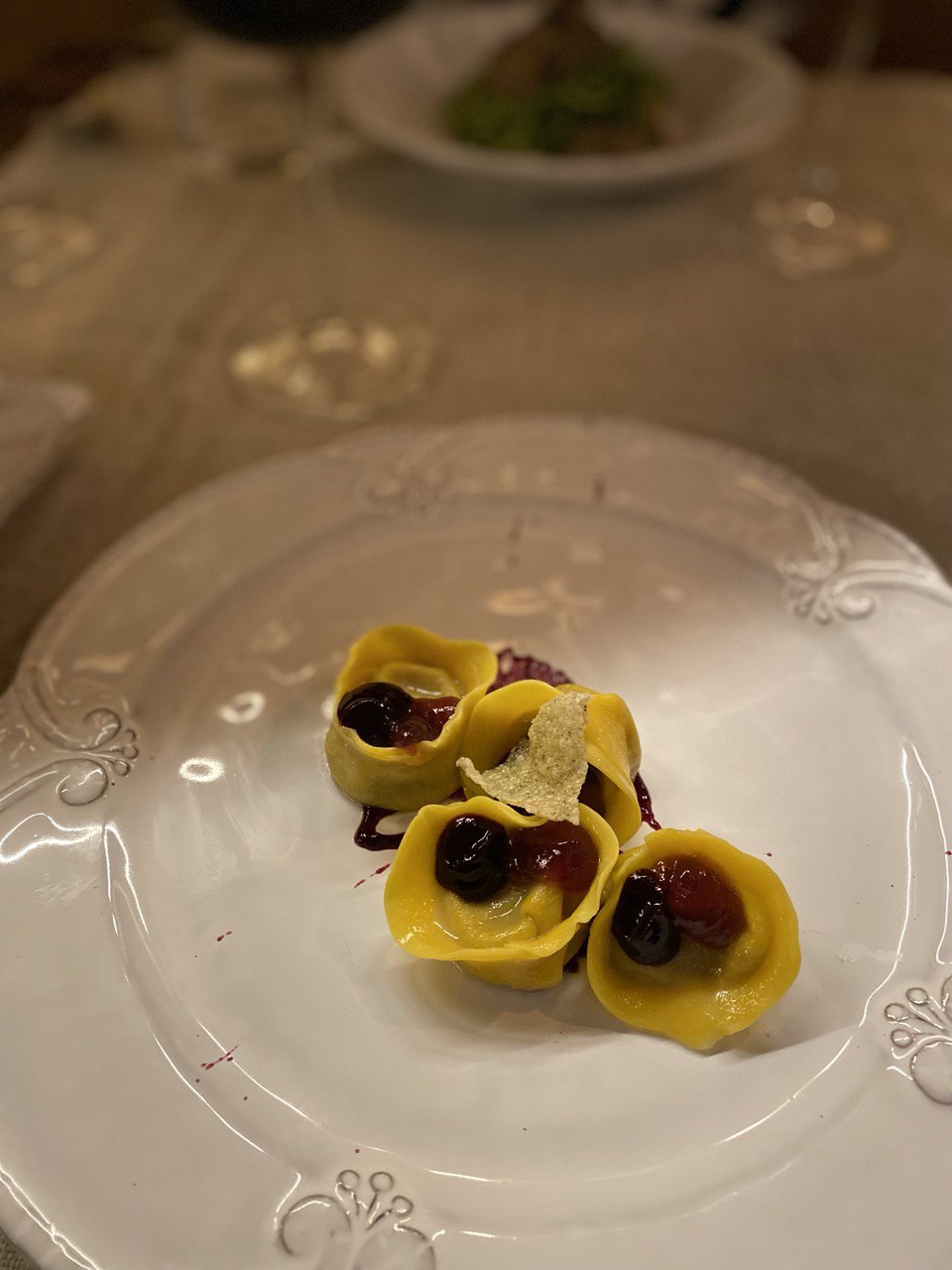
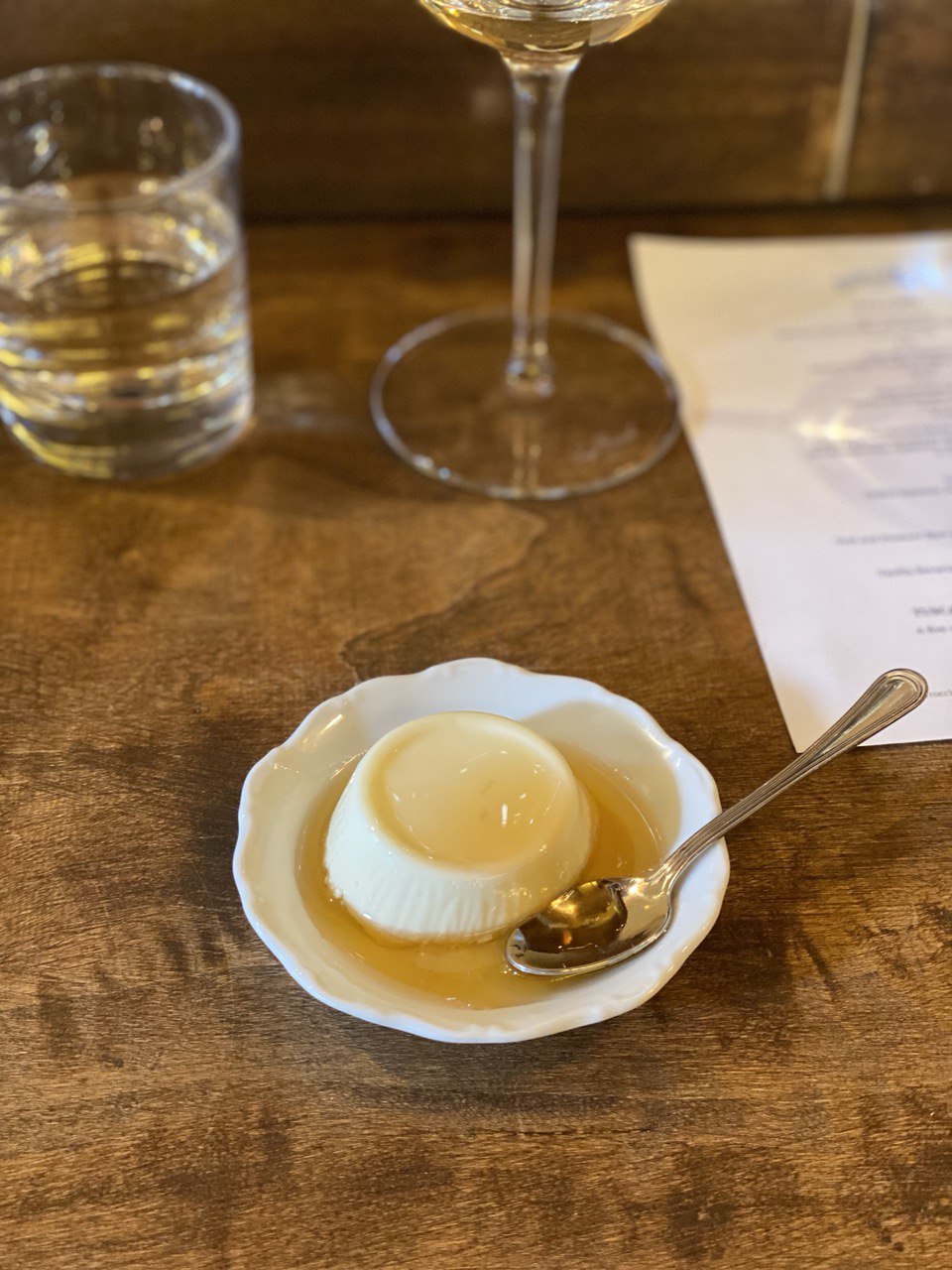
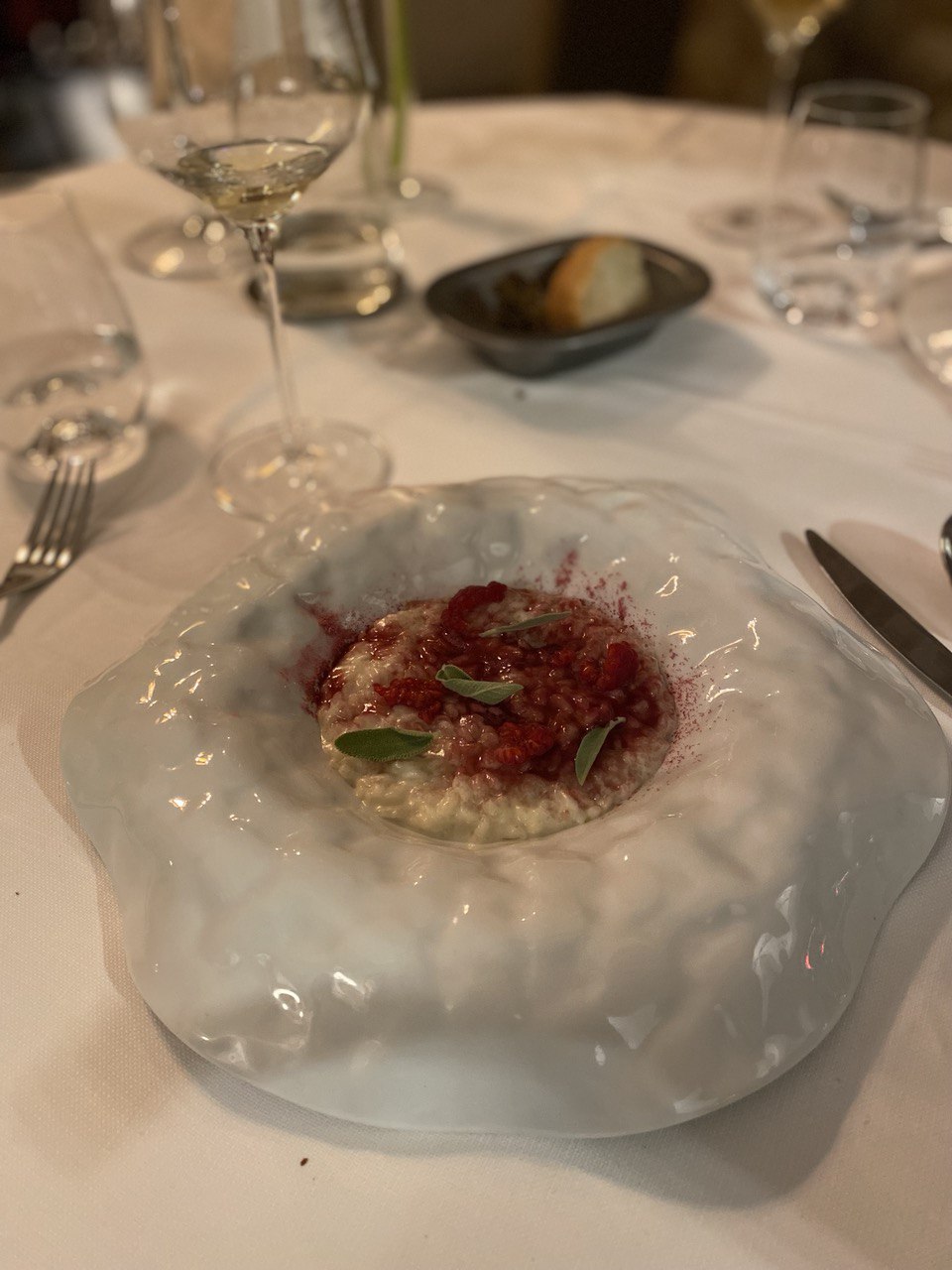
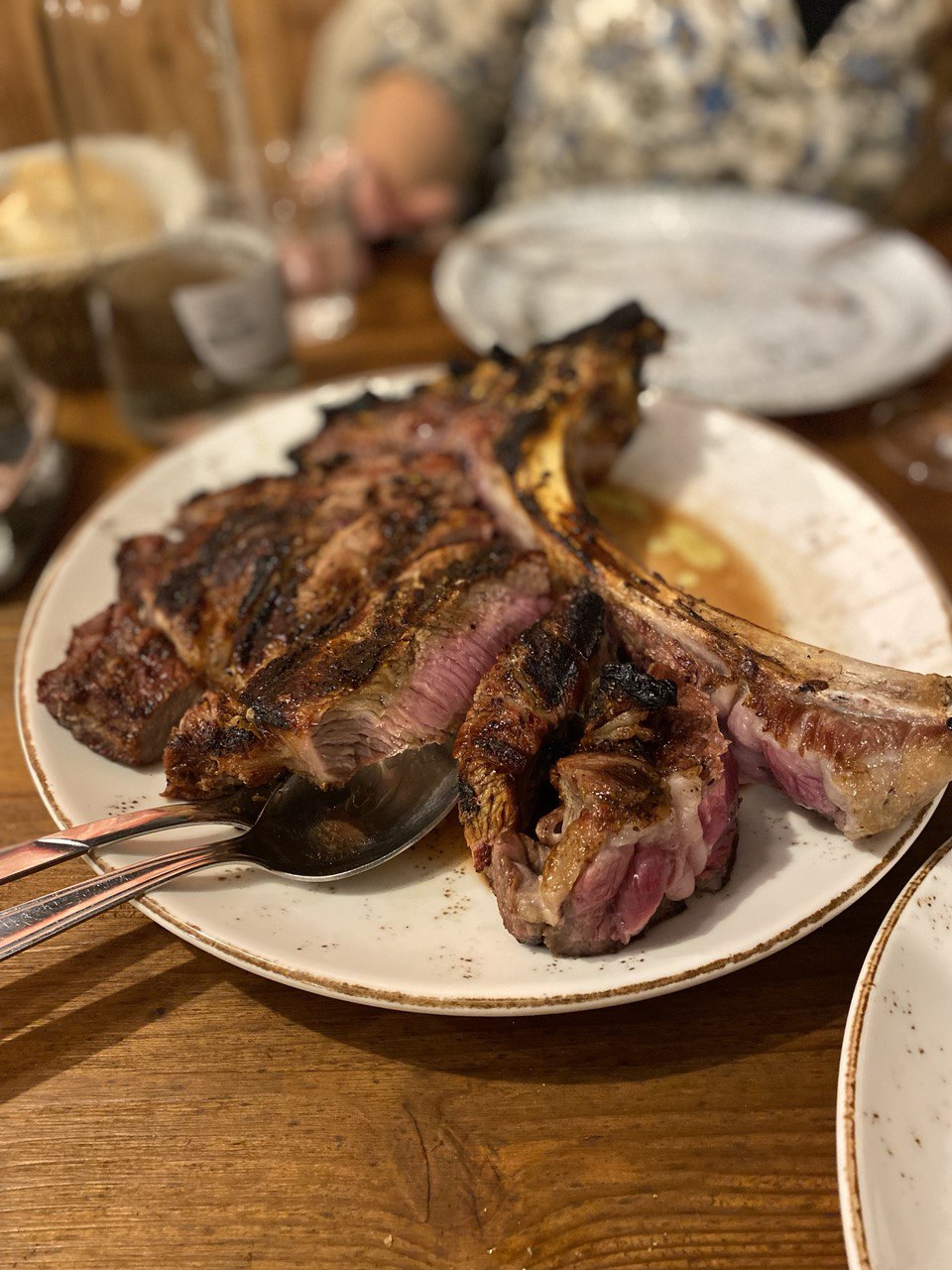
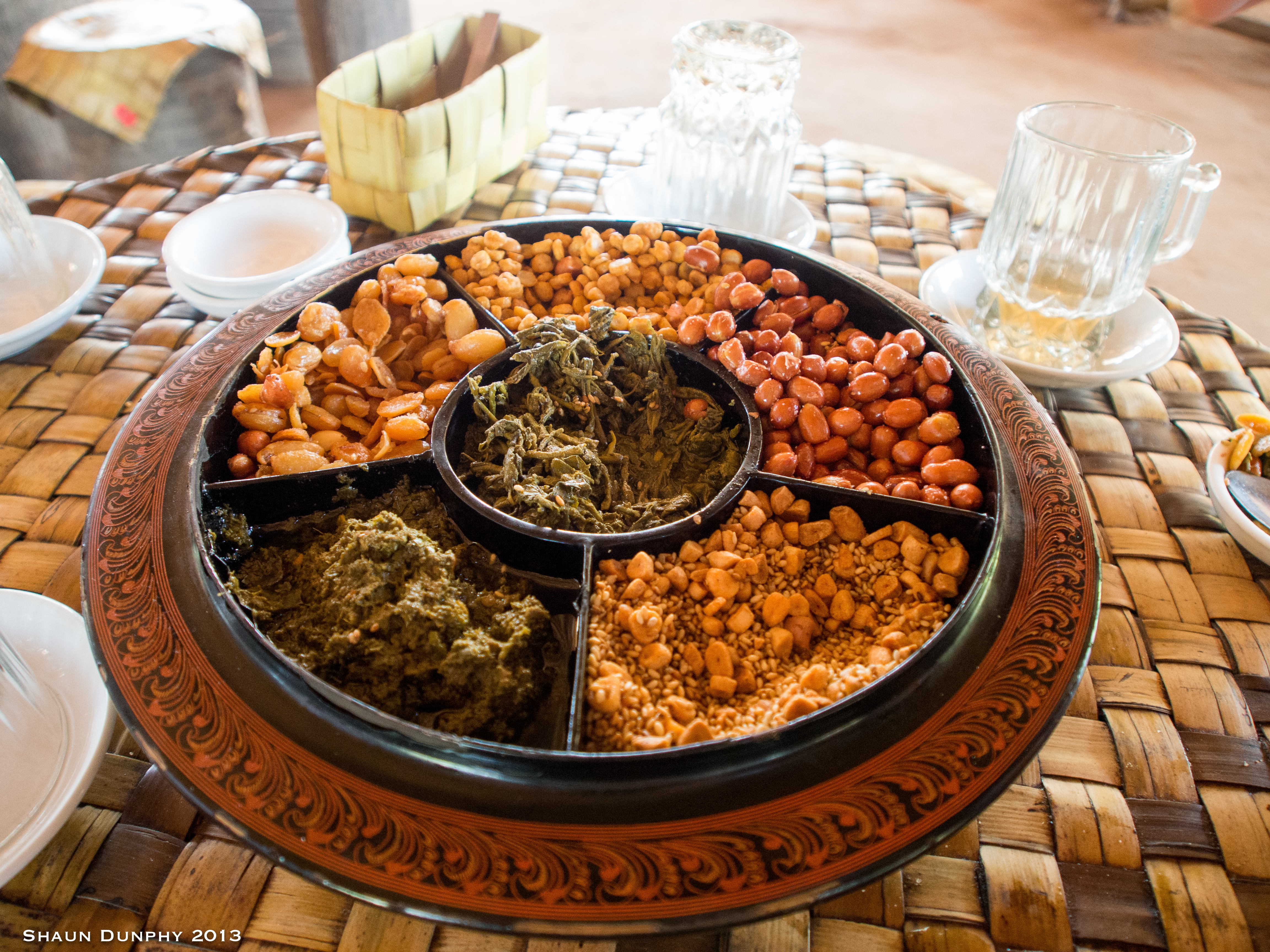
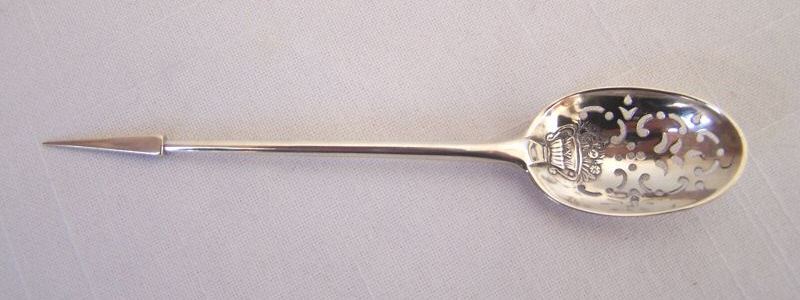
 (image from www.urdesignmag.com)
(image from www.urdesignmag.com)
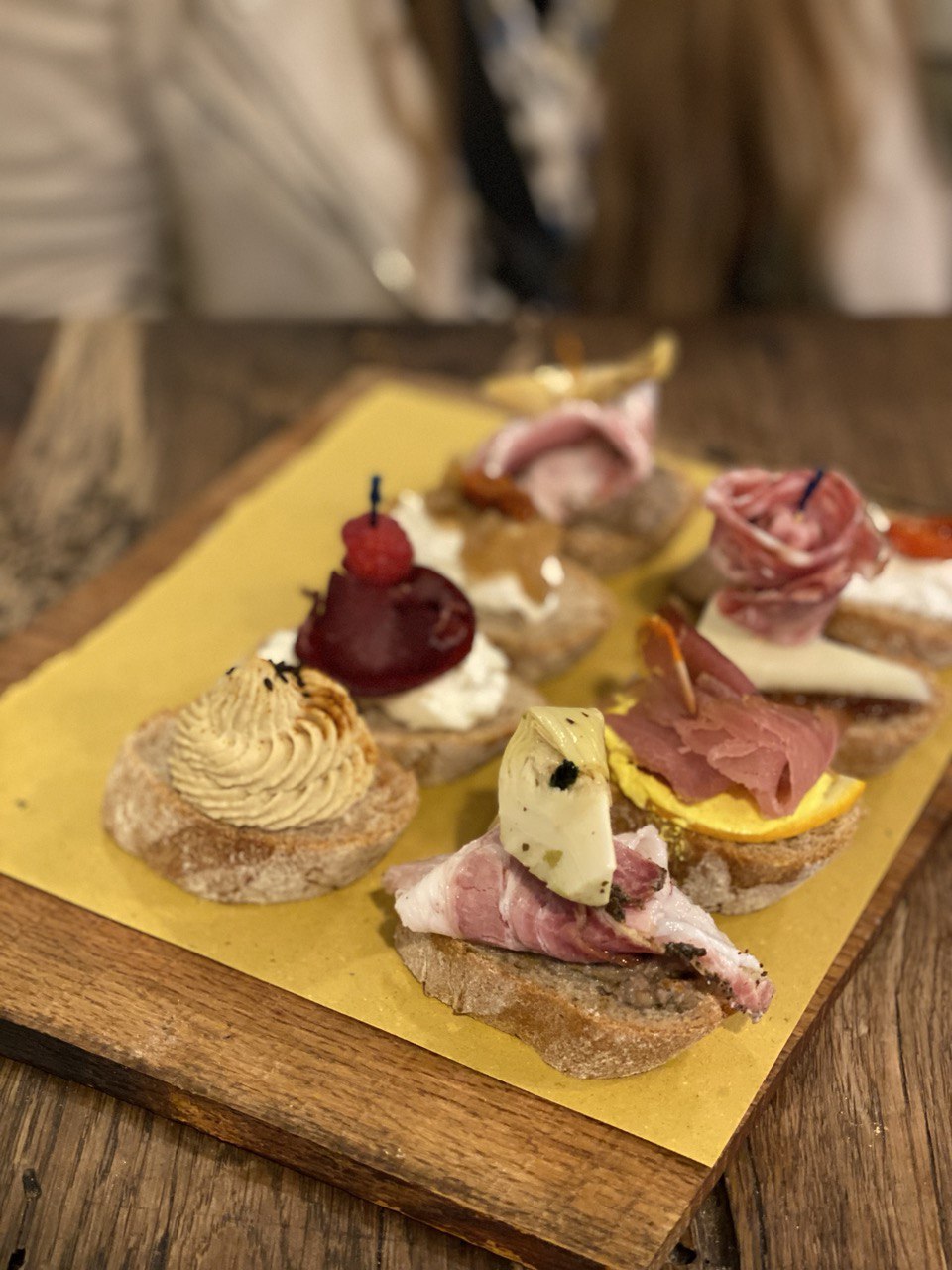
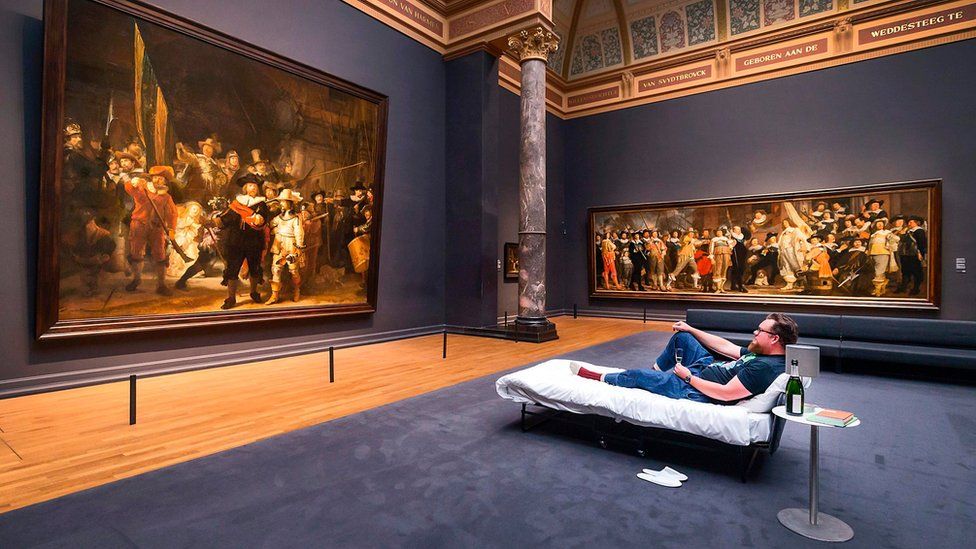 (image from bbc.com)
(image from bbc.com)